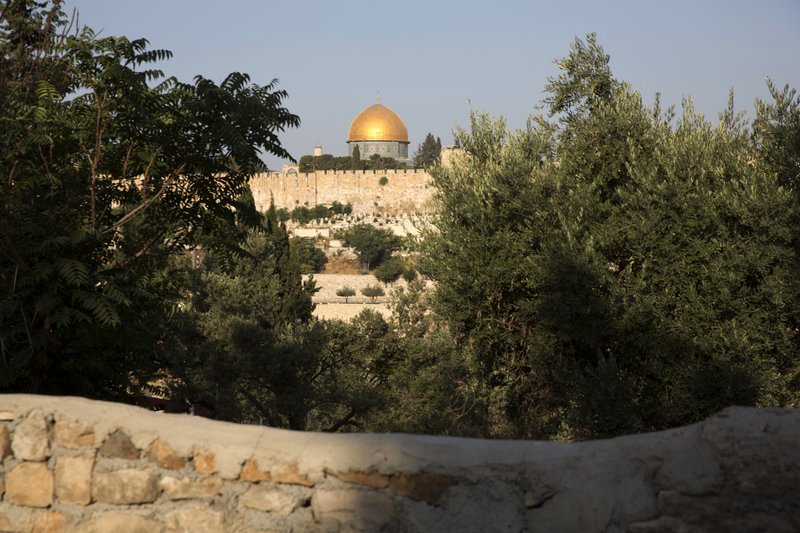Thirty-six Egyptian human rights groups appealed to President Mubarak yesterday to adopt a unified law for building places of worship. They hope this action by the president would put an end to what they call "sectarian tension" Egypt is currently witnessing. The appeal came in the form of a written statement. "There are many constitutional articles that make it necessary and urgent to have the law issued," said the statement. "This shall be done by having the bill debated and approved by parliament." The group laid out the legal justifications for their proposed law regarding worship sites: Article 147 of the constitution empowers President Mubarak to issue a decree law while the People’s Assembly is convened. In addition, article 74 allows the president to take urgent decisions if anything poses danger to national unity. The two articles 40 and 46 also provide for equality among Egyptians and freedom of belief. The group dismissed recent remarks by Minister of State for Parliamentary and Legal Affairs Mufid Shehab that said the government examines draft laws before submitting them to parliament. These remarks are reminders of the government’s delay in discussing issues of personal and religious freedom, as happened with the draft law on the personal status of non-Muslims that was put forward by Egyptian churches in 1979. In their appeal to the president, the 36 groups said a unified law is not aimed at creating an equal numbers of churches and mosques but is designed to create a body that decides on granting licenses for building and restoring places of worship, sets its own regulations, and unifies the measures applied. Meanwhile, Hussein el-Gebali, the Undersecretary of the Ministry of Housing, said the unified building law and its regulation address buildings in general whether houses, places of worships, hospitals or schools. "What is important is that the building conforms to construction regulations and technical specifications," he said. El-Gebali said the places of worship are to be handled as per the new law, which considers them service buildings. Therefore, they will be built according to the planning rates for each city or village based on the number of citizens, he said. Translated from the Arabic Edition.


